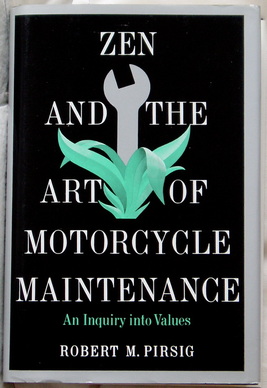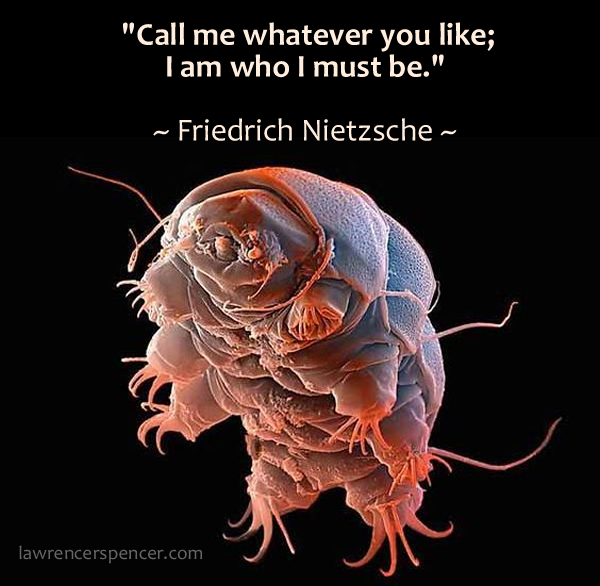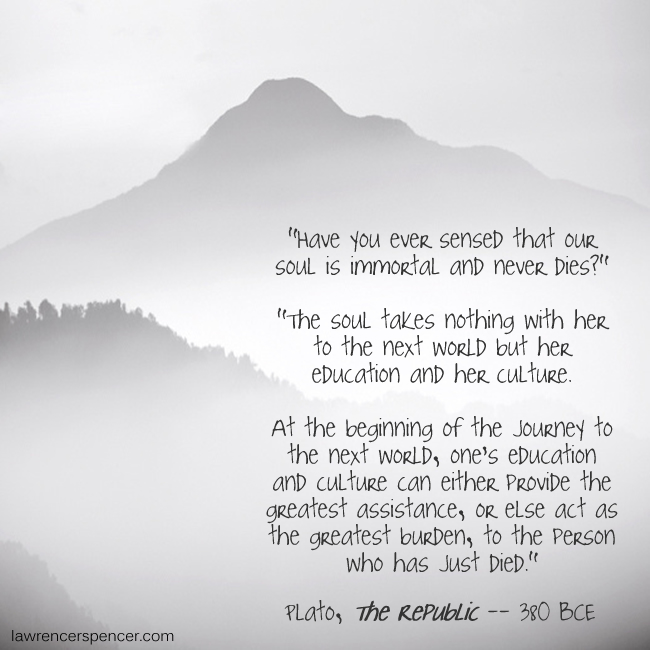Republished by Blog Post Promoter
 I was interested to read “Zen and the Art of Motorcycle Maintenance” as I spent many years of my life riding motorcycles, and most of my life searching for answers to ontological and spiritual questions.
I was interested to read “Zen and the Art of Motorcycle Maintenance” as I spent many years of my life riding motorcycles, and most of my life searching for answers to ontological and spiritual questions.
The author, Robert M. Pirsig, in first person, tells his real-life adventure of a 17-day journey on his motorcycle from Minnesota to Northern California with two friends and his 8 year old son Chris. The trip is punctuated by numerous philosophical musings and educational diatribes he refers to as “Chautauquas“, a popular method of adult teaching used in rural America during the 1800s.
Robert Pirsig was tested as having an IQ of 170 at the age of 9 years. His prodigious intellect led him to an epiphany that Western academia and science is based on unsubstantiated bullshit. Thereafter his personal philosophical investigations eventually drove him to ask questions and find answers that can only be discovered by exploring ones spiritual self.
The “dialogues” the author has with himself while riding his motorcycle across America are tied together by the story of the narrator’s own past self, who is referred to in the third person as Phaedrus (after Plato’s dialogue). Phaedrus, a teacher of creative and technical writing at a small college, became engrossed in the question of what defines good writing, and what in general defines good, or “Quality”.
The book reviews the subject of Western philosophy, touches on Eastern philosophy, including Zen. The discipline and technical skill of maintaining the motorcycle he is riding is used as an excellent analogue for his explanation of his psychic travels through the barren landscape of soulless Western world, both physically and metaphysically. Eventually, he resolves the question of “what is quality” through a subjective understanding of spiritual essence.
Fortunately, Mr. Pirsig is still living and has resolved his personal quest sufficiently to continue living in human society long enough to write this excellent book.







